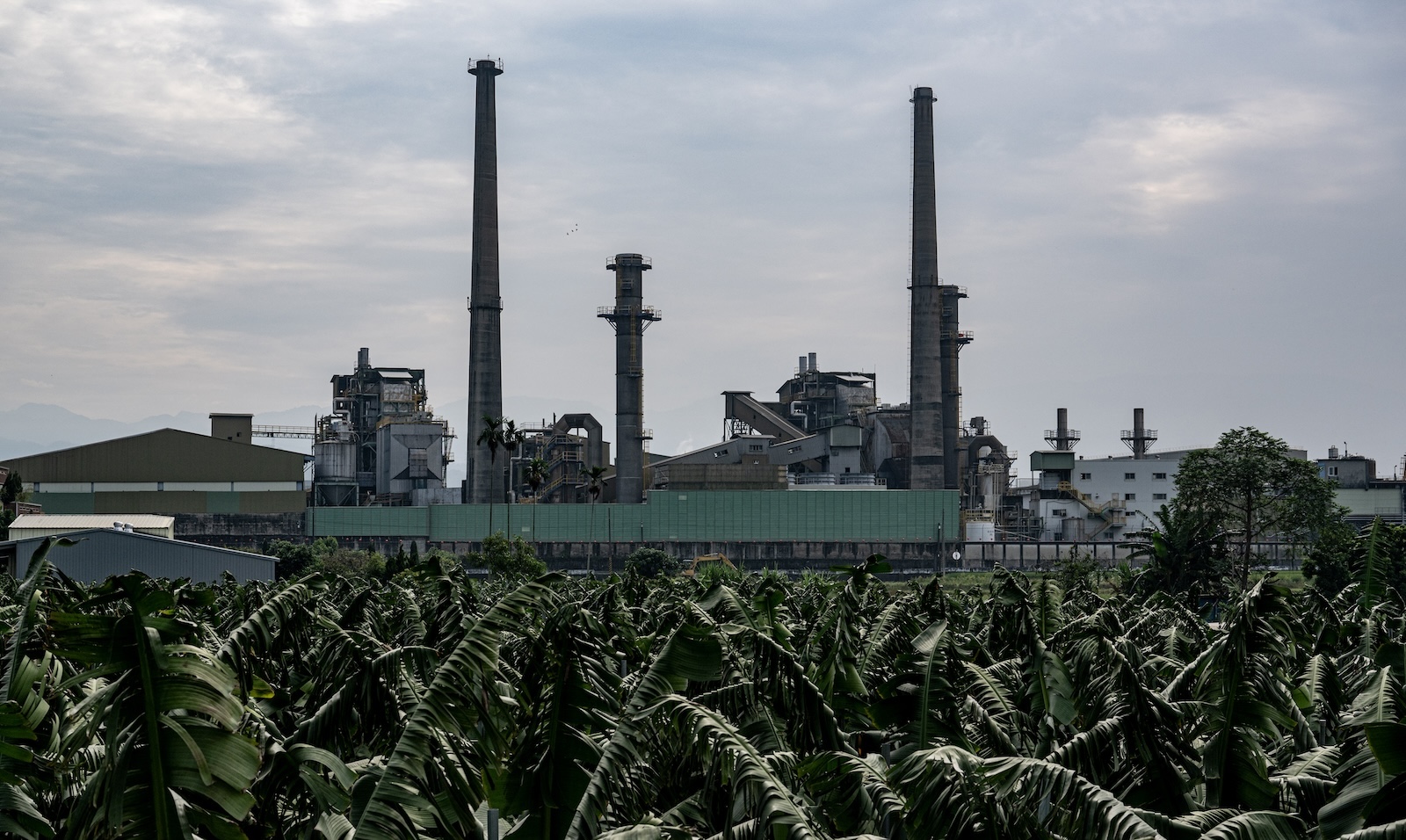1 March 2024
Summary
Canon’s climate performance, particularly in the areas of emissions reduction targets and renewable energy commitments, remains uneven. While Canon has notably made some progress to date, the company continues to significantly lag behind its industry peers in Japan. In this research briefing we underscore the limitations of Canon’s existing climate commitments and outline key steps the company needs to take to match the environmental sustainability actions of its competitors.
Canon has recently made a new announcement that it will “reduce absolute scope 1 and 2 GHG emissions 42% and absolute scope 3 GHG emissions (category 1 and 11) 25% by 2030 from a 2022 base year in line with the Science Based Targets Initiative’s (SBTi) criteria.” Subsequently, in November 2023, SBTi validated Canon’s CO2 emission reductions targets as being in line with the 1.5°C Paris Agreement. While the Scope 3 target needs greater ambition, this is a welcome step forward in emission targets.
However, a crucial gap remains — in order to achieve this 42% emissions reduction target, Canon will need to dramatically scale up the use of renewable energy in its operations. Despite this, Canon has not set a target for its use of renewable energy beyond FY2023, and is lagging far behind its peers. Moreover, Canon’s percentage of purchased or acquired renewable electricity reported to CDP for 2022 was strikingly low — just 4.54% — and has never crossed the 5% level within the past four years. In fact, Canon’s target percentage for low carbon or renewable energy in 2023 was only 4.85%.
In comparison to its industry peers, Canon is a clear outlier in not setting a renewable energy target beyond 2023. In January 2024, Epson announced that it had achieved 100% renewable energy at all group sites globally, making it the “first in the domestic manufacturing industry to complete the transition to renewable electricity at all of its sites worldwide, including Japan.” Similarly, Ricoh has publicly committed to 50% RE by 2030 and Sony to 100% RE by 2030, Fujifilm to 50% RE by 2030, and HP to 100% RE by 2025.
In light of Canon’s need to meet its own emissions reduction targets and properly demonstrate a renewable energy action plan to stakeholders, we reiterate our recommendation that Canon:
Make a public commitment and develop a transparent plan to achieve 100% renewable energy, with at least 60% of its energy from renewable sources by 2030.



